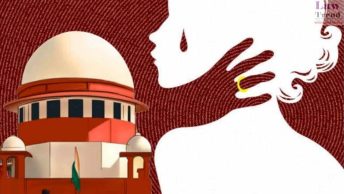Justice Krishna Iyer remembered
One advantage of writing a belated obituary is that the writer can try to dig out what has been missed by others who had to write almost immediately after the eminent person’s passing. Justice Krishna Iyer’s passing on December 4 led some of his contemporaries and friends recall his unique contribution to the Supreme Court’s jurisprudence. In this piece, I reflect, on the basis of his autobiographical note, written in 2001 and available with Nehru Memorial Museum and Library, New Delhi, his judicial philosophy. What struck me most after reading this, and also George H.Gadbois, Jr.’s chapter on him, in his book, Judges of the Supreme Court of India: 1950-1989, was that Justice Iyer never wrote even one dissent during his term as the Judge of the Supreme Court, and that he personally disfavoured the idea of writing a dissent, finding no value in it. This can only mean that he either went along with the majority view, even if he held a contrary view, which he might have mildly expressed in a concurrent judgment, or succeeded in persuading his brother Judges on the Bench to endorse his interpretation of the law. In another piece, M.P.Raju, advocate, Supreme Court of India, describes Iyer as a Constitutional nationalist. Readers may be interested in reading both.
Subscribe
Login
0 Comments





